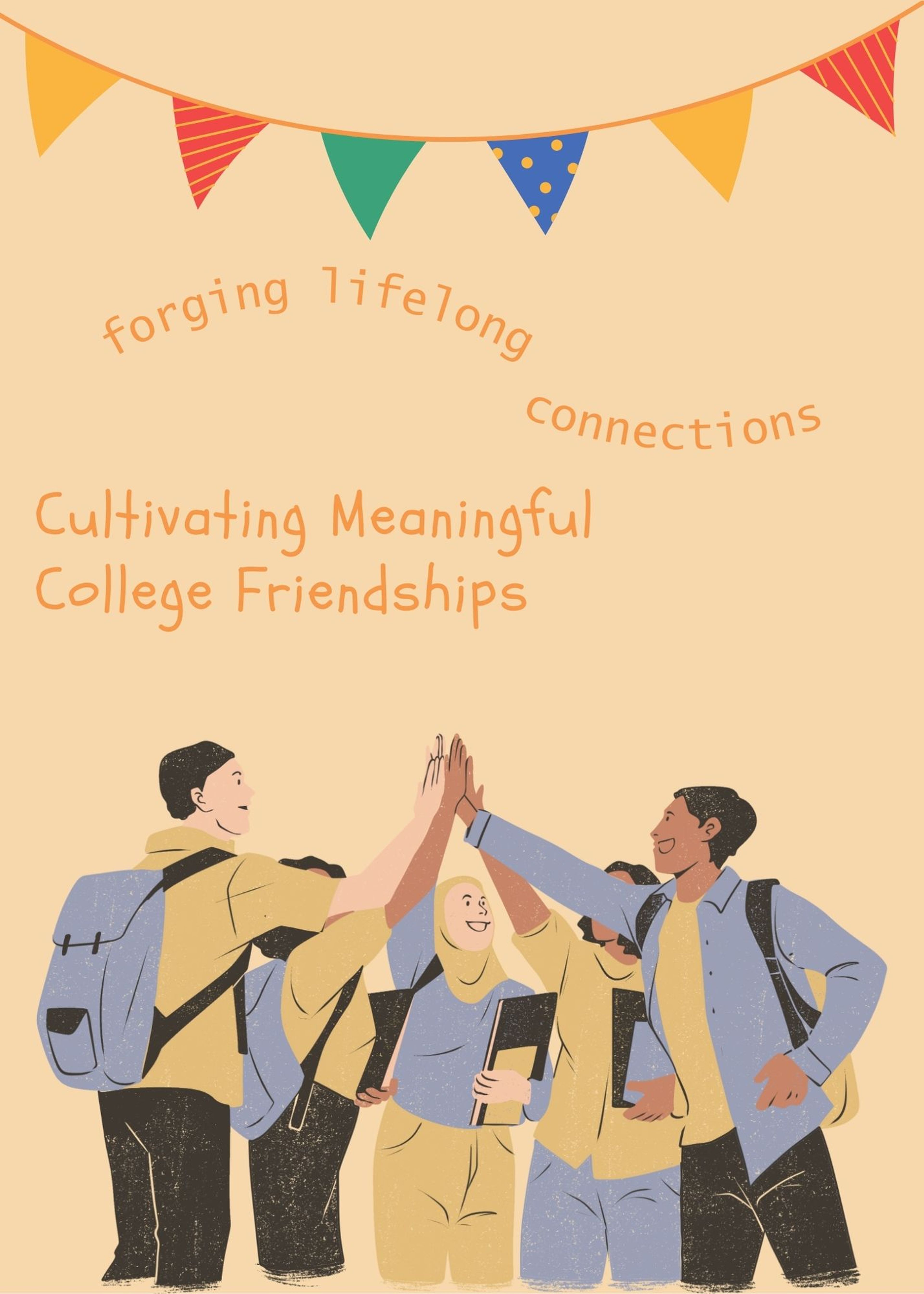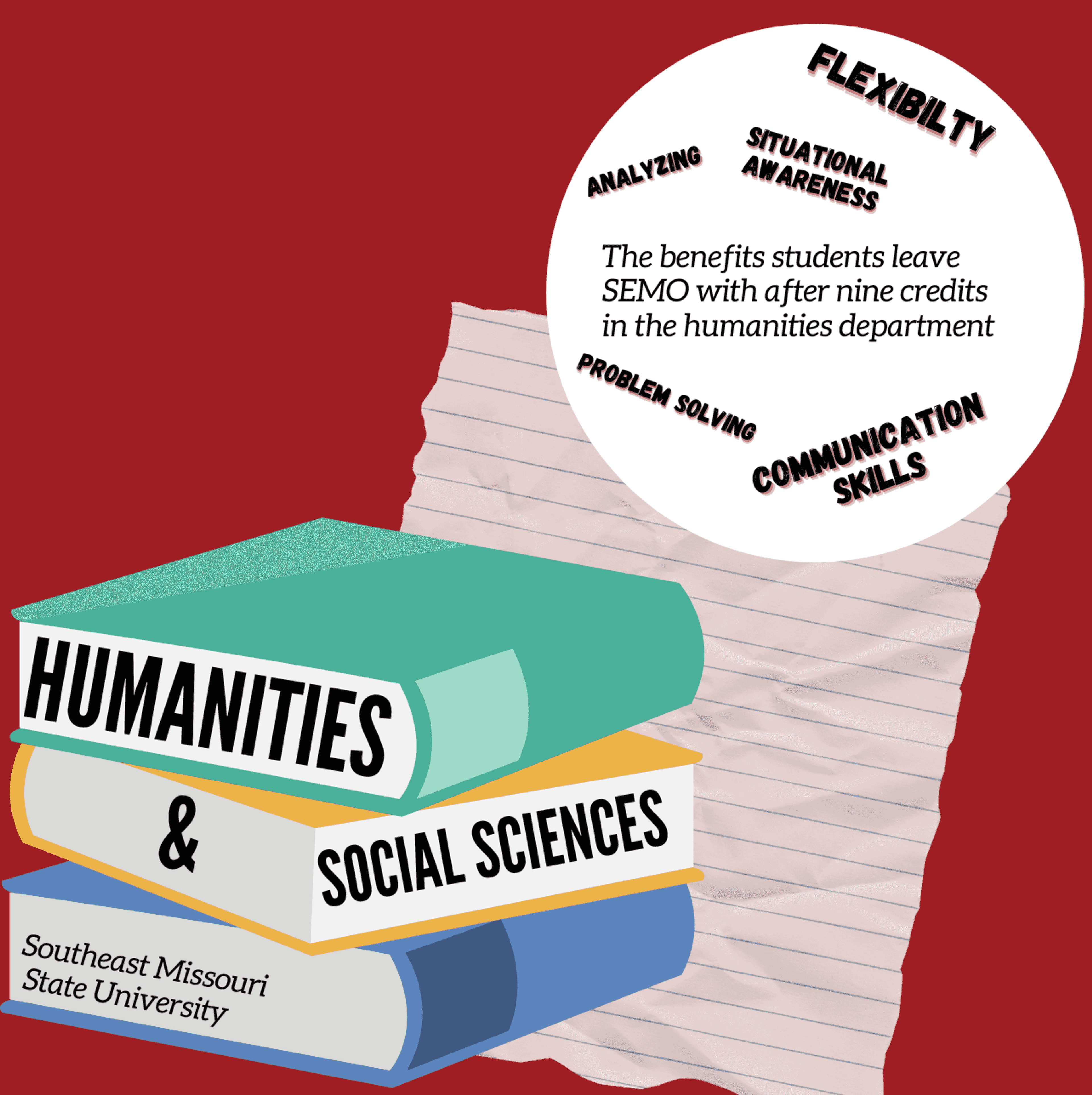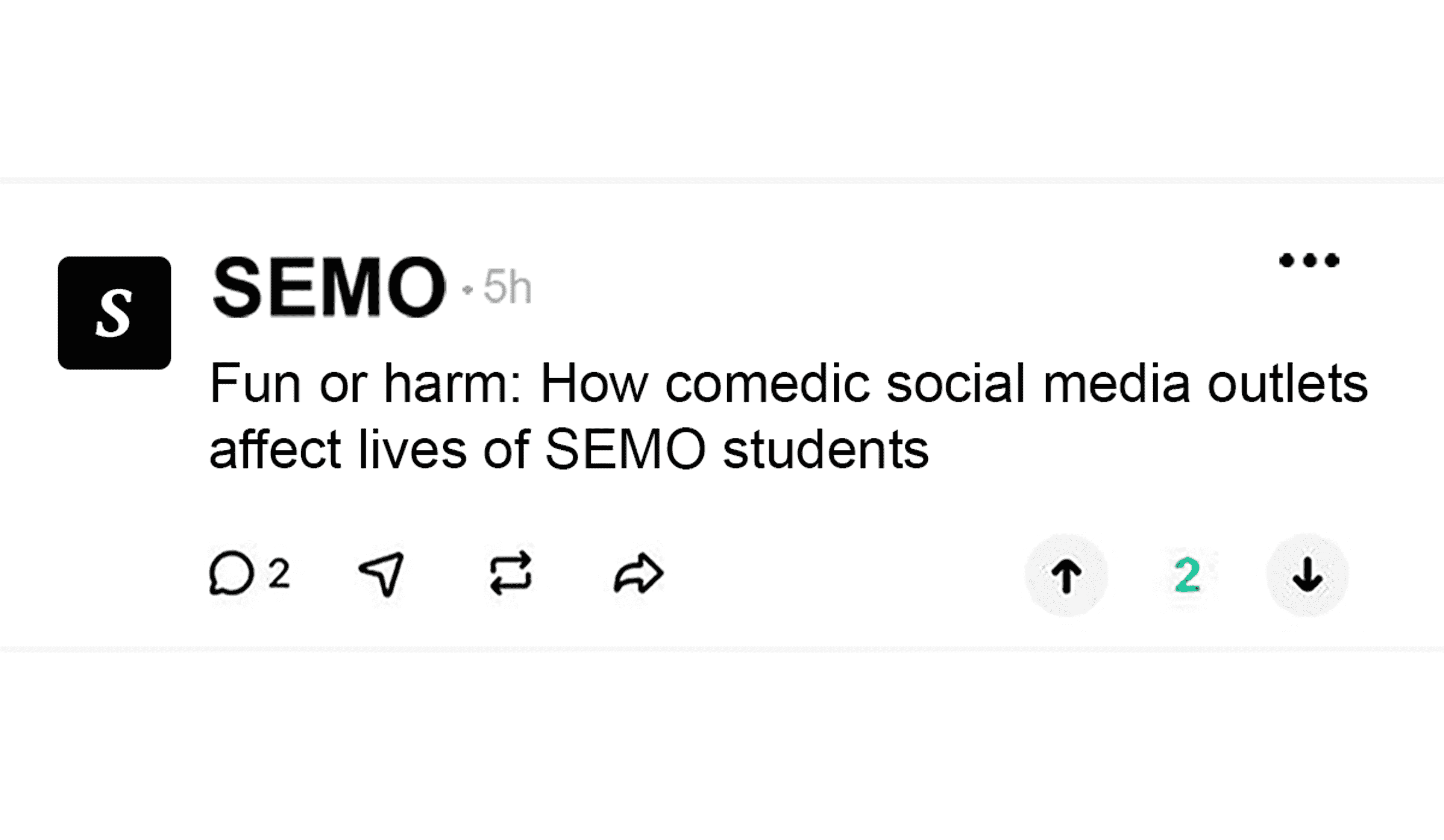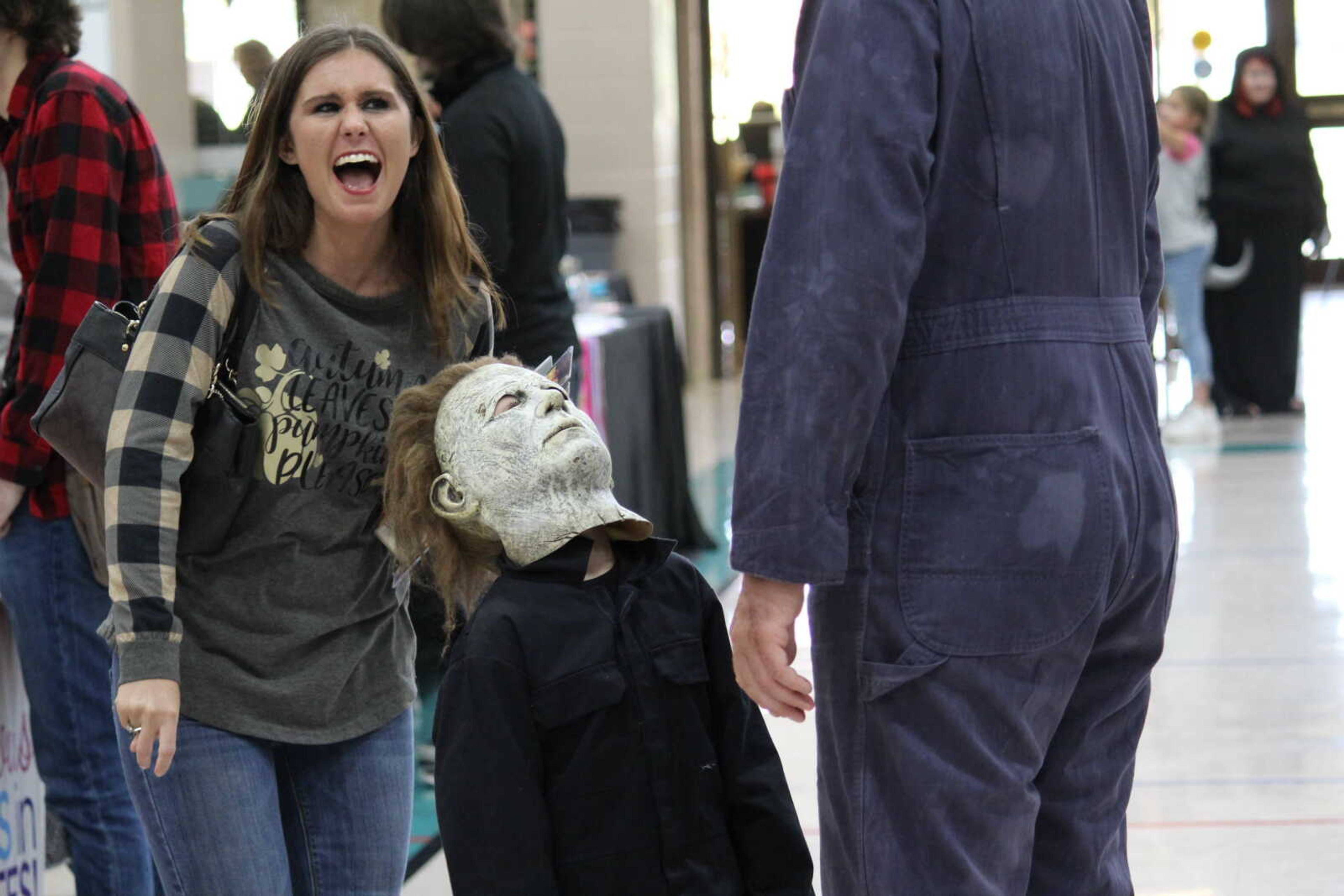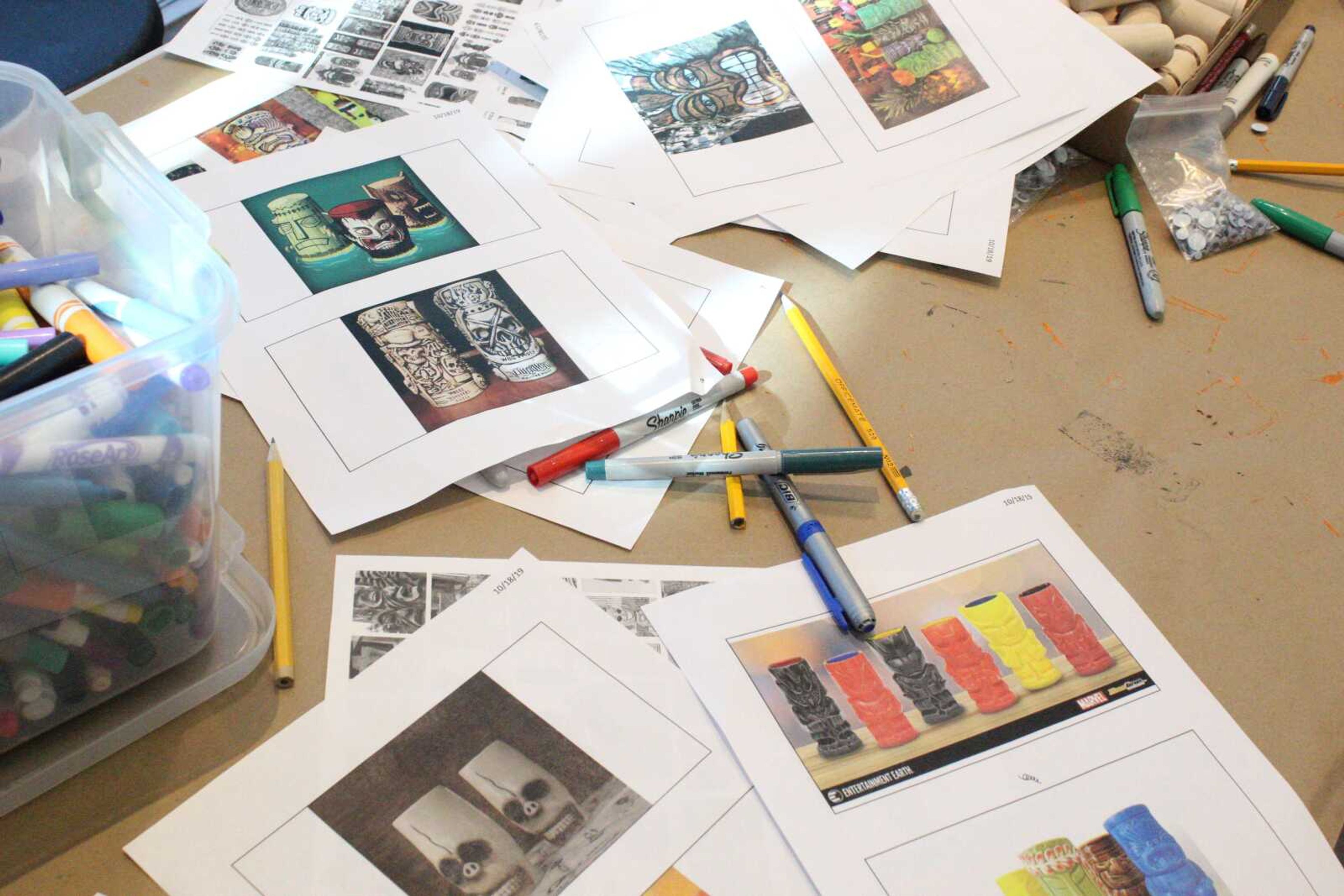The life of human rights and feminist activist Dolores Huerta was explored with the screening of the documentary “Dolores: Rebel. Activist. Feminist. Mother.”
Southeast students, Kylee May and Kimberley Thole organized the event, held Tuesday evening, Sept. 25. in the John and Betty Glenn Auditorium as part of the events for Hispanic Heritage Month.
Huerta and Cesar Chavez founded the National Farmworkers Association, a labor union for farmworkers in the United States, that later became the United Farm Workers.
Thole, a senior, said she wanted students to take something away from the film screening.
“I hope people see through this movie the importance of agriculture and the Hispanic culture and how it needs to co-exist better than it does,” Thole said.
Debbie Lee-Distefano, a professor with the modern languages department, was the one who sparked the event.
“The dean of students told me we had the streaming rights to this film, and given that Missouri is an agricultural state, we’re very tied to agriculture and have migrant labor,” Lee-Distefano said. “I said this is something that would be really good to show, and those two girls are excellent in my class, so I should get them involved.”
Besides the event’s connection to Hispanic Heritage Month, it was used to show the connection between agriculture and society.
“I thought it would be a good way to show a collaboration on campus between agriculture and humanities, and at the same time also demonstrate that agriculture is sensitive to the ideas of diversity and inclusion,” Lee-Distefano said.
Indi Braden, an agriculture professor who also played a role in organizing the event, said she wanted students to take away three main points from the documentary.
“I want this to make them think outside the box and see things from a different perspective,” Braden said. “I want this to help them see that everyone should be viewed and treated as equals. The other part of this is that I define myself as a good stewardess of our resources, and in agriculture business, you don’t have a recourse if you don’t have people. If you don’t take care of the people who work for you, then you’re not going to have a business.”

